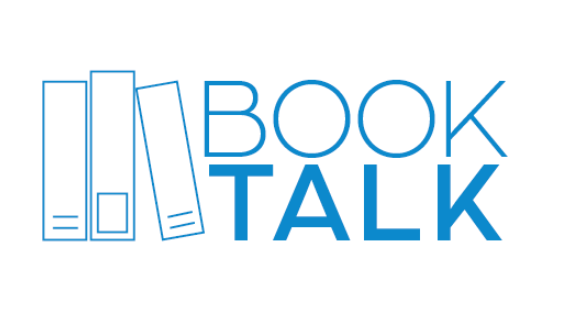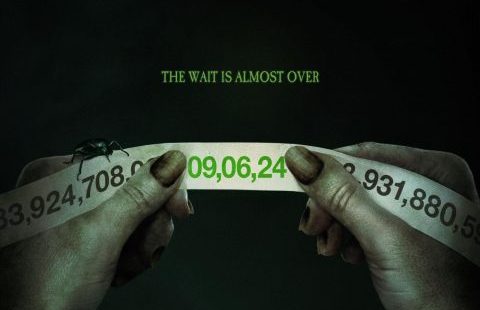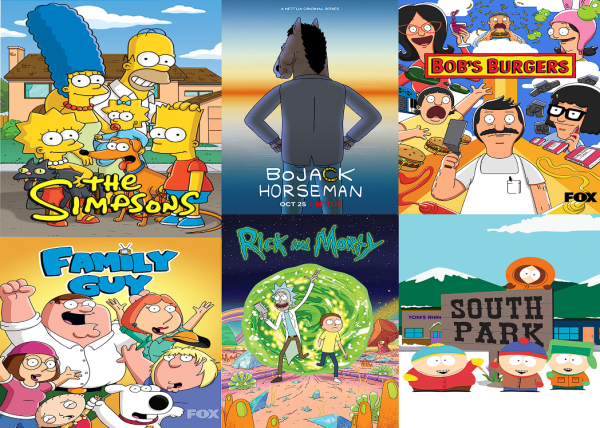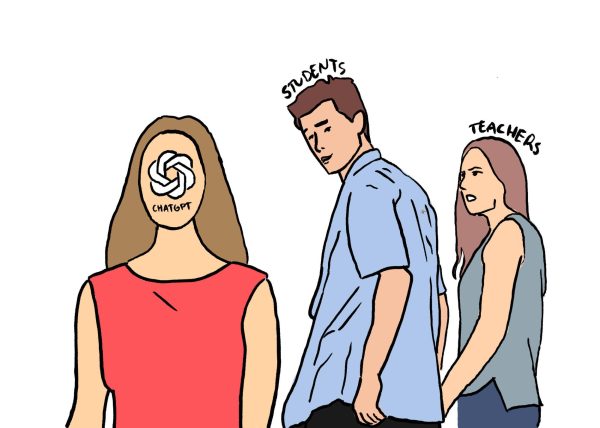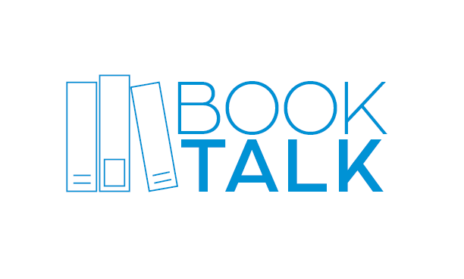The Comic Critic: Facing the Music
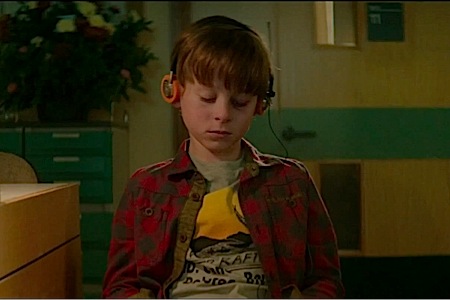
photo by pastemagazine.com
A young Peter Quill (Wyatt Oleff) listens to his Walkman during the beginning of Guardians of the Galaxy.
Bryson: Imagine Star Wars without John Williams’ iconic songs, or James Bond without his recognizable theme. Music is one of the most essential complements of film.
Today, off the heels of the release of Guardians of the Galaxy Vol. 2, I am going to explore how music has been utilized in superhero films. To assist me, I’ve recruited “On the Flip Side” writer Diego Sultan.
Diego: I’m glad to be here. I like the idea about how music influences other works of art.
Bryson: Across the film industry, music is used for a variety of means, one of which is to show the film’s current tone. No film did this more perfectly, in my opinion, than The Avengers. The song “Assembled,” composed by Alan Silvestri, plays midway through the third act during the battle of New York.
Diego: This type of song is crucial to a superhero movie. As a filmmaker, you want that moment when the heroes come together to be the grandest and most epic part of the film. So of course the music surrounding it will swell triumphantly and build up tension for the coming action scenes.
Bryson: It’s songs like that, that first got me mesmerized with superhero movies. I was interested in them after watching Iron Man, but The Avengers was where I truly fell in love. When the camera did a panoramic shot around the group, I was blown away, not only by the fact that all these superheroes were together on one screen, but by the song that pretty much said to me, “Yes. This is really happening,” and “You’re about to see something awesome.”
Diego: And possibly the only piece of music more important than this is the music played during the action scenes themselves. “Civil War,” composed by Henry Jackman, in the movie Captain America: Civil War, explodes to match the energy of the scene. An action scene without very grand and powerful music would seem flat in comparison. This song combines both the energy of a fight scene with the fear of seeing your favorite heroes fight each other.
Bryson: Couldn’t have said it better. The Captain America films seem to be the pinnacle of Marvel’s music, as there are at least two or three tracks in the trilogy that really stand out, though there is always one that stands above the rest. As Diego said, “Civil War” very accurately captures the sense of fear, or in my case, sadness, at seeing heroes, that fans have watched for years, fighting each other. While the song that played during the final fight scene between Steve, Tony, and Bucky was more intimate and emotional due to the increase in personal stakes of the fight, “Civil War” was more epic and grandiose, which gives it a slight edge.
However, there are times where beautiful pieces of music like this are suppressed and left in the background. In Captain America: The Winter Soldier, when Steve (Chris Evans) is walking through a section of a museum dedicated to him and the Howling Commandos from his previous solo film. The music here, also scored by Jackman, is beautiful and conveys the feelings of longing for the “good old days” that Steve was experiencing, being a “man out of time.” However, one can barely hear the notes over the sounds of the museum itself. Instead of mostly hearing Jackman’s score, we hear the museum’s intercom providing exposition that many people watching this movie would already know, plus the blurred speech of the many visitors. This happens with fight scenes as well. While the music continues to swell, the focus is put on the punches, kicks, clangs, or launching of projectiles instead.
Diego: Silence is a powerful tool in music but it’s a difficult one to master. It can have a great emotional impact, but it also can convey a sense of intimacy and authenticity. In a movie, it is the silent scenes that are truly the most emotional and the subtlest. And as you pointed out, a lot of music cannot be heard in a superhero movie unless someone is really focusing on it. That is because the music is just a piece of a larger puzzle. In some cases, it may not stand out or “wow” people, but if it were removed, it would make a noticeable difference in the viewing experience.
Bryson: Finally, music does not even have to be original to the movie for it to set the mood. While original music can set a film’s tone, the mood can be conveyed by songs that have been out for years or even decades. This is especially true in Guardians of the Galaxy, where the film’s soundtrack, “Awesome Mix Vol. 1,” contains retro songs that came from the ‘60s and ‘70s that were used in the film, most of them to great effect.
Diego: I agree that Guardians of the Galaxy is almost a perfect example of how to use music that was already made and released. I have always found it humorous and clever that the movie contrasts a sci-fi, futuristic world with these retro songs. On paper, the juxtaposition of old and new would be jarring, but the soundtrack perfectly fits the film. In fact, the soundtrack gives the movie a charm that a lot of other sci-fi films may lack, and I think the retro sounds bring a lot of familiarity and nostalgia.
Bryson: It certainly does. This is particularly apparent in the opening scene. The film begins with Peter Quill (Chris Pratt) arriving at an abandoned planet, whose dark and ominous atmosphere is, fittingly, given ominous music, Tyler Bates’ score really shines through here. Half the credits appear as Quill continues to search for something in the remains of a city. Once he enters his targeted building, the ominous music stops, the credits stop, and he puts on his Walkman for “Come and Get Your Love” by Redbone, and the rest of the opening credits is spent with Quill dancing around the abandoned building like a goofball. This sequence captures the movie’s mood in about three minutes. It can get serious, but in the end, this is just a fun film. The inclusion of other fun and upbeat retro songs continues this trend, including “Ain’t No Mountain High Enough,” by Marvin Gaye and Tammi Terrell, “Hooked on a Feeling,” by Blue Swede, “I Want You Back,” by Jackson 5, and “Cherry Bomb,” by The Runaways.
Music can establish a mood, set the tone or atmosphere, or to just used to further the plot. Whichever it may be, I’m certainly going to keep listening, you never know when the next Avengers theme will come booming from the cinema speakers.
Thanks for helping me out, Diego. I hope college treats you well.
Diego: Thanks for having me. Best of luck to you furthering this column.
Your donation will support the student journalists of Hagerty High School. Your contribution helps us publish six issues of the BluePrint and cover our annual website hosting costs. Thank you so much!


